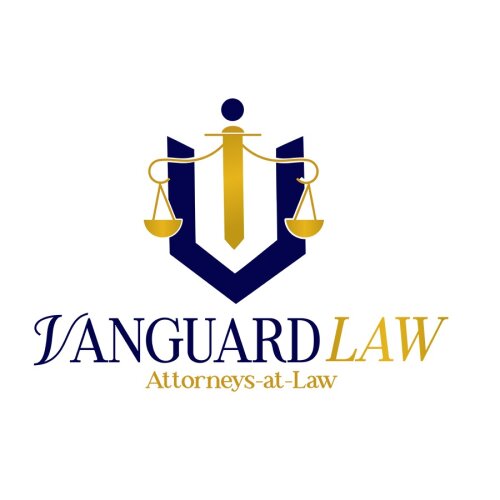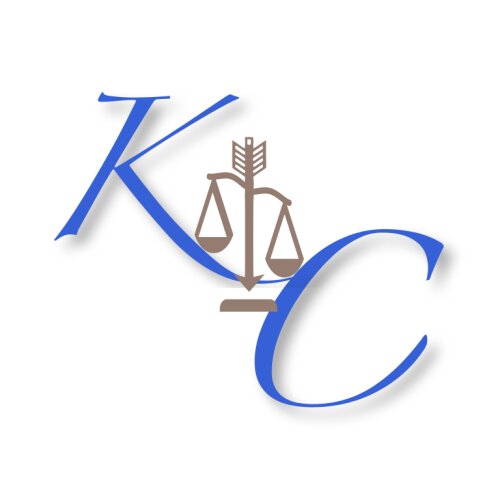Best International Trade Law Lawyers in Jamaica
Share your needs with us, get contacted by law firms.
Free. Takes 2 min.
Or refine your search by selecting a city:
List of the best lawyers in Jamaica
About International Trade Law in Jamaica
International Trade Law in Jamaica governs the rules and regulations related to the exchange of goods, services, and capital across international borders within the country. Jamaica, being a member of the Caribbean Community (CARICOM) and the World Trade Organization (WTO), abides by several international agreements and treaties that shape its trade regulations. The country's legislative framework for international trade focuses on facilitating trade, ensuring compliance with global trade standards, and safeguarding national interests. The Ministry of Foreign Affairs and Foreign Trade plays a crucial role in developing national trade policies, negotiating trade agreements, and representing Jamaica in international trade forums.
Why You May Need a Lawyer
There are several scenarios where you might require legal assistance in International Trade Law in Jamaica. Businesses involved in importing and exporting goods often seek legal counsel for compliance with tariffs, customs regulations, and trade policies. Legal assistance may also be necessary when negotiating or drafting international trade agreements or contracts to ensure they meet legal standards and protect your interests. Moreover, individuals or companies facing disputes over trade terms, intellectual property issues, or breaches of contract often find the expertise of a trade lawyer crucial. Additionally, navigating the complexities of international trade sanctions, embargoes, or trade restrictions can require specialized legal knowledge.
Local Laws Overview
International Trade Law in Jamaica is influenced by several key legislative instruments and policies that regulate trade. These include the Customs Act, which governs the import and export of goods, and the Trade Act, which provides guidelines on trade practices. The Special Economic Zone Act offers incentives for businesses operating within designated zones, while the Fair Competition Act aims to promote market competition and prevent anti-competitive practices. Jamaica's adherence to international conventions, such as the General Agreement on Tariffs and Trade (GATT) and the Agreement on Trade-Related Aspects of Intellectual Property Rights (TRIPS), further shapes the local trade law landscape.
Frequently Asked Questions
What is International Trade Law?
International Trade Law encompasses the rules and regulations that govern trade between countries. It includes the laws of individual nations as well as international agreements.
How does Jamaica regulate international trade?
Jamaica regulates international trade through a combination of national laws, such as the Customs Act and Trade Act, and adherence to global agreements as a member of organizations like WTO and CARICOM.
What are the primary exports of Jamaica?
Jamaica's primary exports include alumina, bauxite, sugar, bananas, coffee, rum, and various manufactured goods. Legal regulations govern the exportation processes.
How are international trade disputes resolved in Jamaica?
Trade disputes can be resolved through negotiation, mediation, arbitration, or litigation, often involving legal counsel to ensure compliance with local and international laws.
What role do export-import banks play in Jamaican trade?
Export-import banks provide financial assistance, including loans, guarantees, and insurance, to facilitate international trade by supporting Jamaican exporters and importers.
How does the government support businesses involved in international trade?
The Jamaican government supports businesses through various programs, tax incentives, and trade facilitation policies, particularly for companies operating in Special Economic Zones.
Are there legal obligations for businesses operating in Jamaica’s Special Economic Zones?
Yes, businesses must comply with the Special Economic Zone Act, which includes requirements for registration, operations, and incentives offered by the government.
What is the importance of bilateral and multilateral trade agreements for Jamaica?
These agreements facilitate trade between Jamaica and other countries by reducing tariffs, establishing trade norms, and opening new markets for Jamaican goods and services.
What should businesses consider when drafting international trade contracts?
Considerations include terms of trade, dispute resolution mechanisms, compliance with local and international laws, and protections for intellectual property.
Do I need a lawyer for importing goods into Jamaica?
While not mandatory, engaging a lawyer can help ensure compliance with customs laws, assess tax obligations, and navigate any import restrictions or documentation requirements.
Additional Resources
For additional guidance on International Trade Law, you may consider reaching out to the following resources:
- The Ministry of Foreign Affairs and Foreign Trade: This governmental body provides information on trade policies and negotiations.
- Jamaica Customs Agency: Offers detailed guidelines on customs regulations and tariffs.
- Jamaica Promotions Corporation (JAMPRO): Provides support and resources for businesses involved in international trade.
- Local chambers of commerce: Often provide networking opportunities and trade-related advice.
- The World Trade Organization website: An excellent source for international trade rules and agreements involving Jamaica.
Next Steps
If you require legal assistance in International Trade Law in Jamaica, consider taking the following steps:
- Identify your specific legal needs related to international trade.
- Research and select a law firm or attorney specializing in International Trade Law.
- Schedule a consultation to discuss your case, understand the costs involved, and explore legal strategies.
- Gather all pertinent documents related to your trade activity for your lawyer's review.
- Stay informed about changes in trade policies or regulations that may affect your business operations.
Lawzana helps you find the best lawyers and law firms in Jamaica through a curated and pre-screened list of qualified legal professionals. Our platform offers rankings and detailed profiles of attorneys and law firms, allowing you to compare based on practice areas, including International Trade Law, experience, and client feedback.
Each profile includes a description of the firm's areas of practice, client reviews, team members and partners, year of establishment, spoken languages, office locations, contact information, social media presence, and any published articles or resources. Most firms on our platform speak English and are experienced in both local and international legal matters.
Get a quote from top-rated law firms in Jamaica — quickly, securely, and without unnecessary hassle.
Disclaimer:
The information provided on this page is for general informational purposes only and does not constitute legal advice. While we strive to ensure the accuracy and relevance of the content, legal information may change over time, and interpretations of the law can vary. You should always consult with a qualified legal professional for advice specific to your situation.
We disclaim all liability for actions taken or not taken based on the content of this page. If you believe any information is incorrect or outdated, please contact us, and we will review and update it where appropriate.
Browse international trade law law firms by city in Jamaica
Refine your search by selecting a city.














